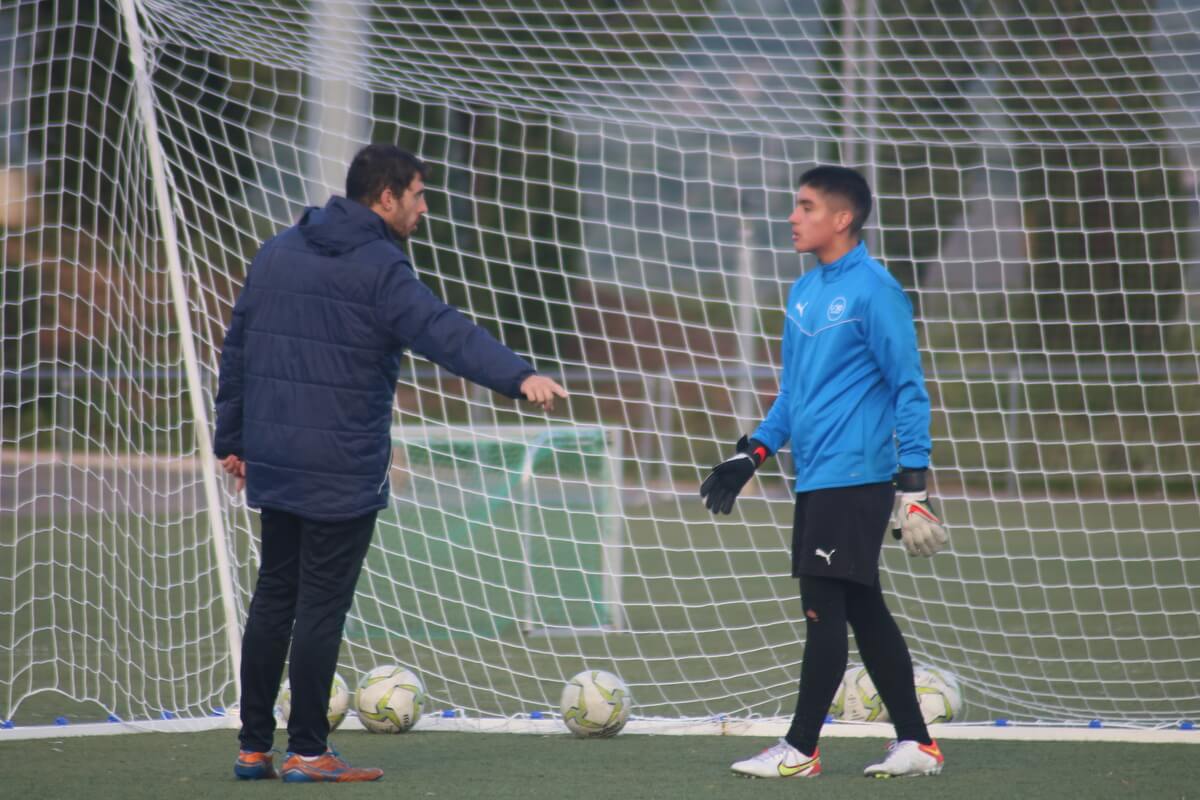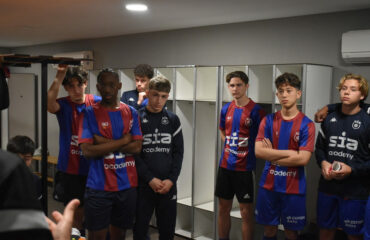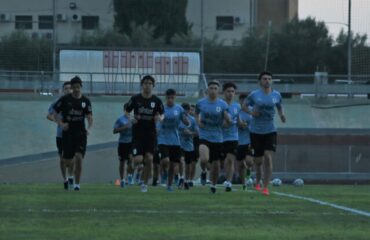The world of football is becoming more and more professionalised at all levels. Nowadays, in Spain, players in the 4th and 5th divisions can dedicate themselves full time to football and make a living from it. It is a sport that moves many millions of people around the world and that has evolved towards professionalism during the last years in all the areas that compose it.
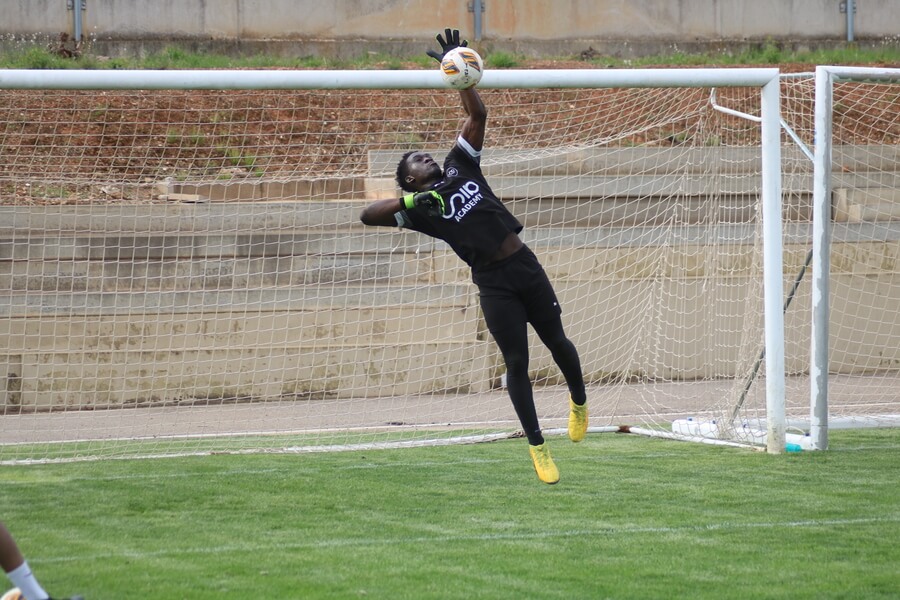
What people make up a technical staff?
The coach is one of the pillars around which the sport of football moves, and if we remove the players, he is the most important, he is the centre around which the whole coaching staff revolves, which depending on the level at which we find ourselves can vary from 2 people at grassroots level and children, to the 25-30 people that can make up a coaching staff at the most demanding and professional level.
At the professional level, the large number of people on the coaching staff of a football club perform different functions, knowledge, technical and some very specific ones. Years ago, these functions were distributed and divided among the few members of the coaching staff, the same coach acted as psychologist or physical trainer, the assistant coach acted as goalkeeping coach and delegate, and so, the few people who made up the coaching staff shared all the functions.
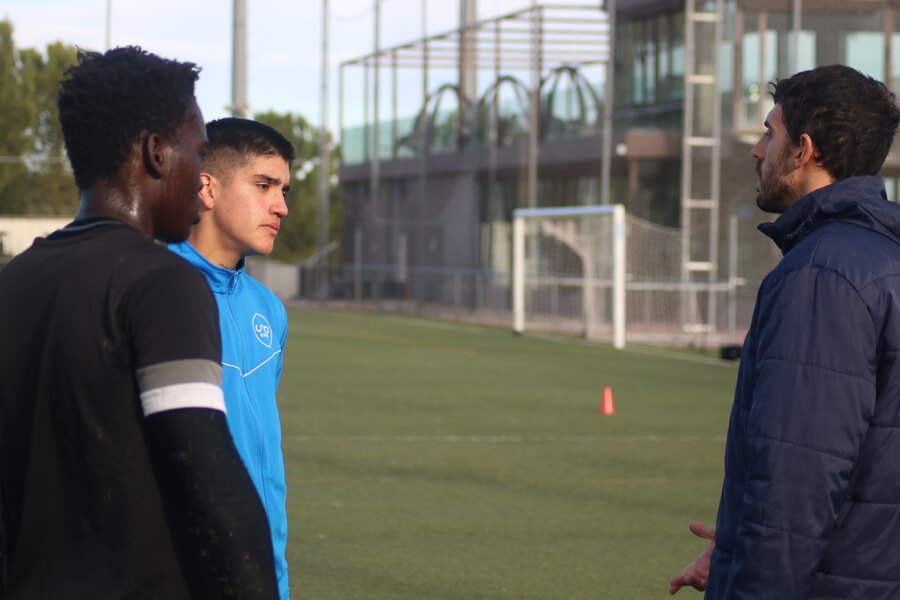
Currently, within a technical staff, we can find the following:
Coach and assistant coach.
Physical trainer and goalkeeping coach.
Physiotherapist and re-trainer.
Psychologist and nutritionist
Analyst.
Delegate.
-Material handling.
Each necessary function is directed to a specific specialist to develop this activity, and this requires a very specific and concrete training in which each professional in the sector must be trained and specialise in order to obtain the best possible performance. Even in grassroots football, coaches have specialised.
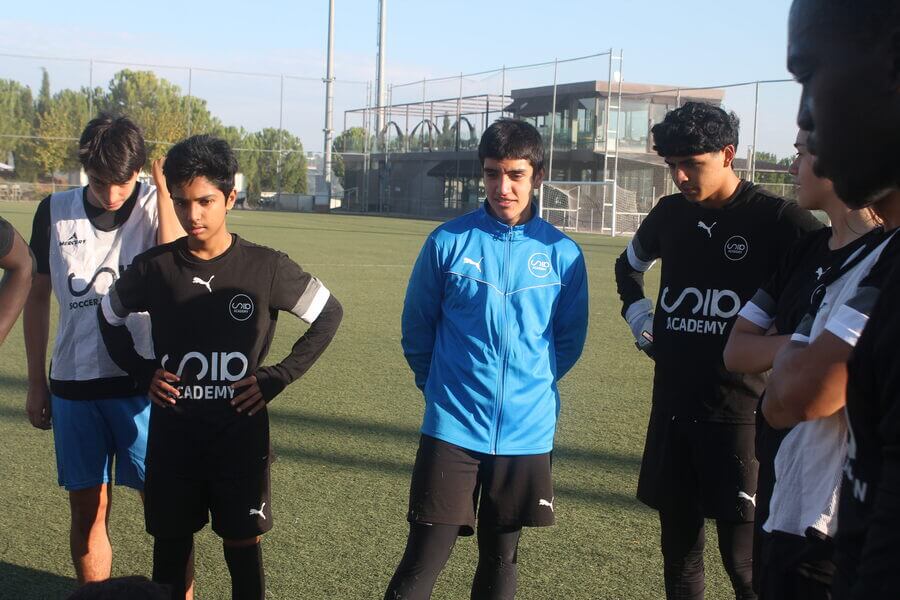
How is the training of trainers and staff members?
Currently, thanks to UEFA, the criteria, education, contents and evaluations of all coaches have been unified, being able to train at the same level in any European country. What does this mean? That coaches trained in Spain can go and train in any country with a valid, official and homologated qualification, and therefore, recognised to develop their activity.
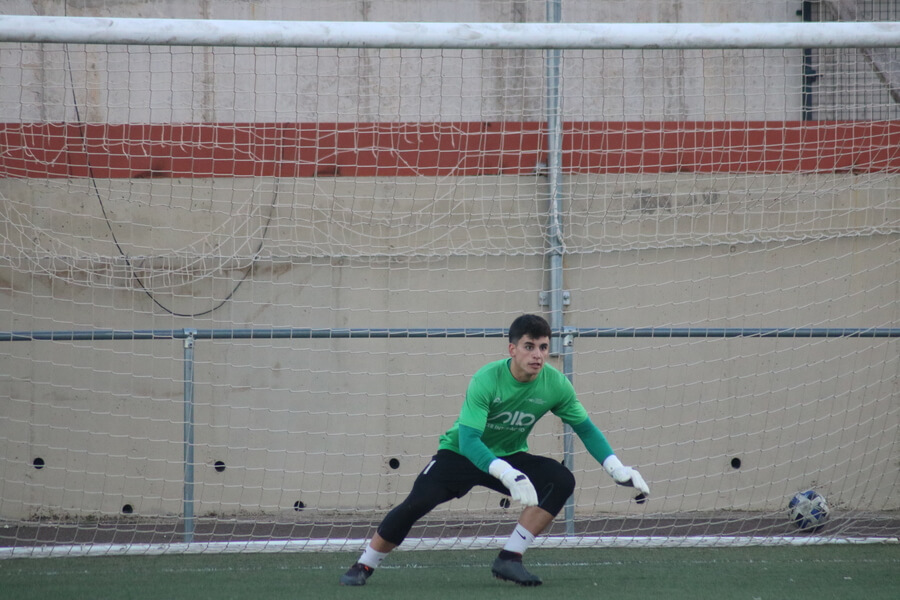
How is the training of goalkeeping coaches developing in Spain?
Specific training for goalkeeping coaches has developed a lot in recent years, previously, there was practically no specific training for goalkeeping coaches, especially on an official level and there were different methodologies. The goalkeeper was trained by non-specialised coaches. Nowadays, all training is structured and organised in order to offer as much as possible to the demand that exists today..
On the one hand, goalkeeping coaches, in order to obtain their qualification, must also be trained as coaches, without this training it is not possible to access the specific branch of goalkeeping, increasing in demands and qualifications as we move up the qualification ladder.
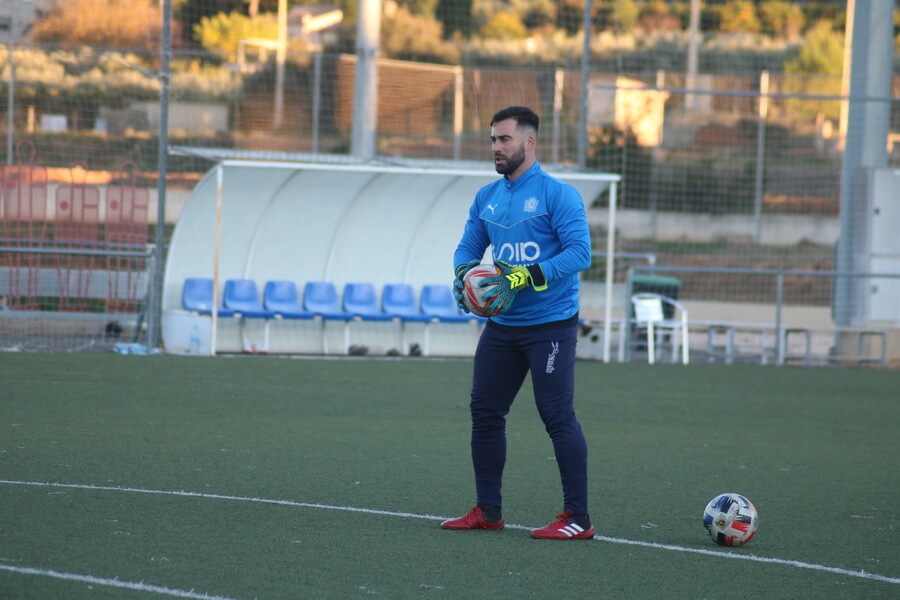
Today, in terms of coach education, it is divided into the following titles:
- UEFA C
All categories of 7/8 and children’s football.
- UEFA B
All cadet categories and up to 1st regional youths
- UEFA A
Youth national league and amateur up to Preferente category.
- UEFA PRO
Juvenile Division of Honour and 3rd National Division.
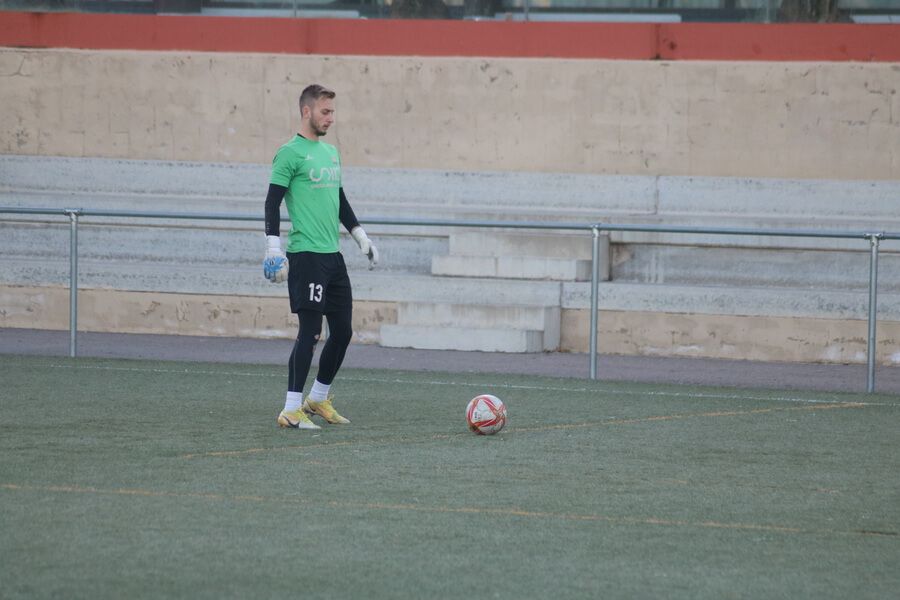
As for the specific branch of goalkeeping coaches, it is divided as follows:
- National Diploma C of specialisation in Goalkeeping Coaching
All categories up to 3rd National Division.
- GK UEFA B
All categories up to First RFEF Division and First Women’s Division.
- GK UEFA A
First and second division.
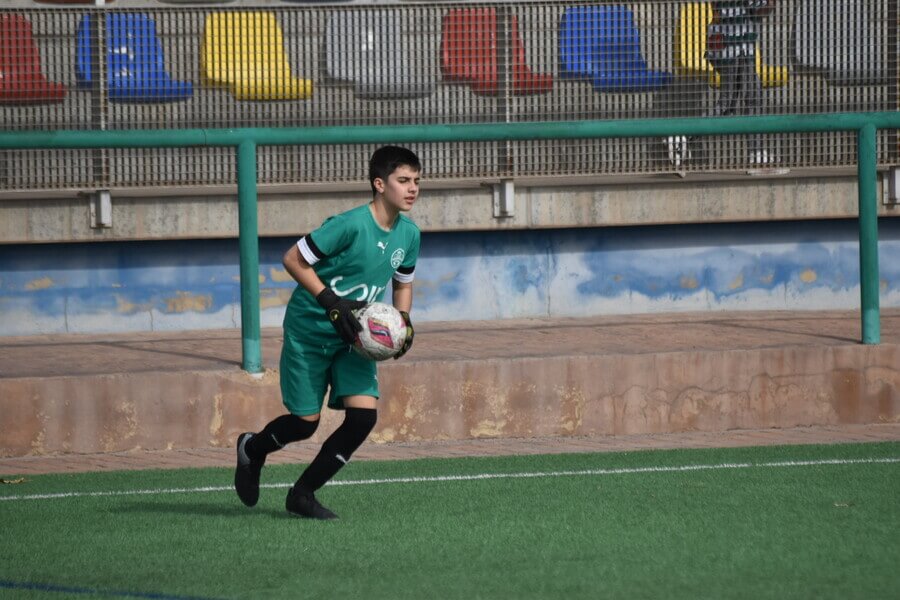
The national diploma C of specialisation in goalkeeper training is organised and managed by the RFEF (Royal Spanish Football Federation), with the training being passed on to each territorial federation in order to be able to organise the courses at community level.
On the other hand, the GK UEFA B and GK UEFA A licences are managed directly by UEFA, and are taught at the RFEF’s facilities in Las Rozas, Madrid. There are 24 participants per course for GK UEFA B and 16 for GK UEFA A.
These courses, which are normally given at a frequency of 1 course per year or every 2 years, are accessed through a series of requirements and a grading table that gives you points towards your place on the course.
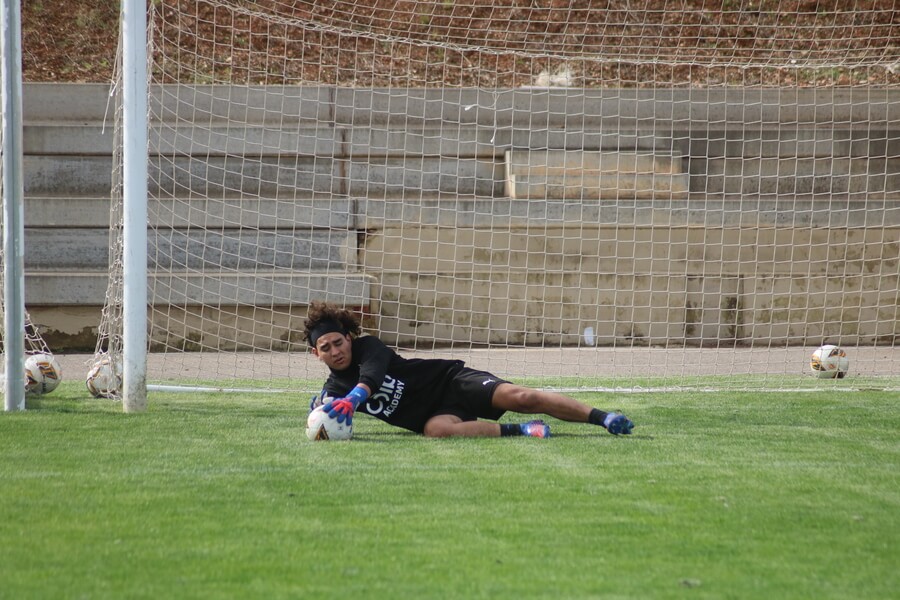
What are the requirements for the GK UEFA B and GK UEFA A courses?
For the GK UEFA B course, the administration criteria are as follows:

For the GK UEFA A course, the administration criteria are as follows:
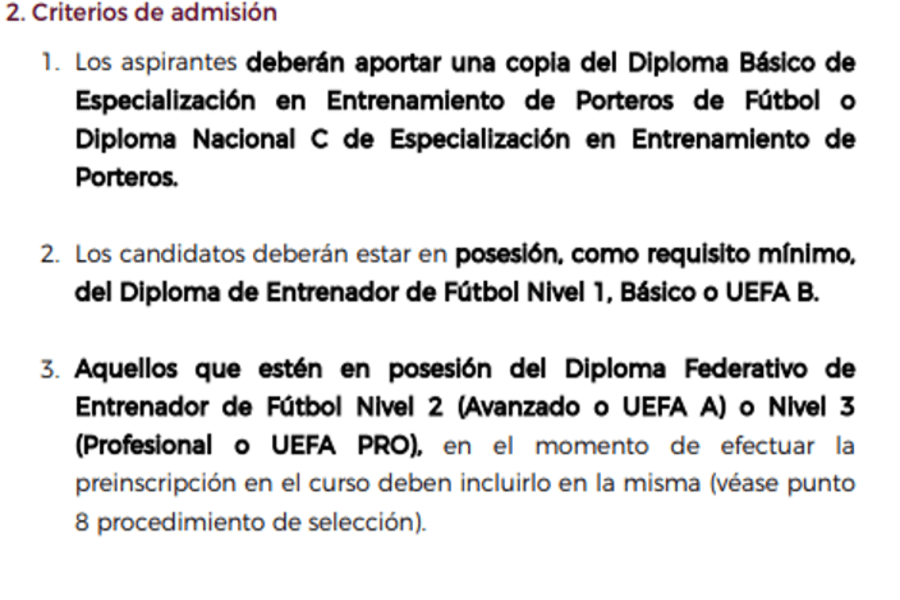
The criteria are uniform for both women’s and men’s football.



